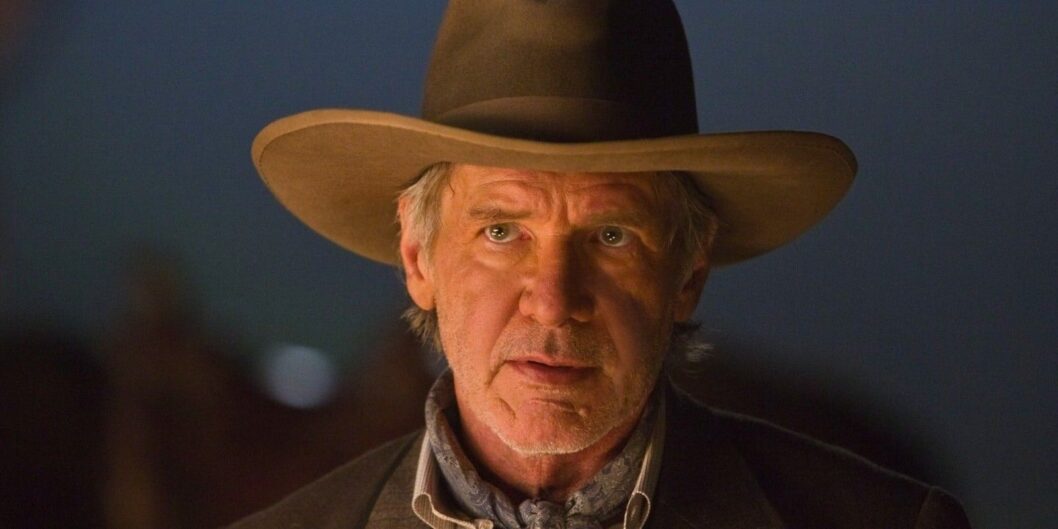Harrison Ford Embraces the Timeless Charm of Westerns at Premiere of ‘1923’ Season 2
Harrison Ford, a legendary figure in Hollywood, shared his profound admiration for Westerns during the recent Los Angeles premiere of 1923, a prequel series within the popular Yellowstone franchise. Ford, well-known for his varied career that began nearly six decades ago with the 1967 Western A Time for Killing, now stars as Jacob Dutton in 1923. The much-anticipated second season is set to premiere on February 23 on Paramount+.
Ford’s Praise for Practical Storytelling
In a discussion with The Hollywood Reporter, Ford articulated his appreciation for Westerns, particularly highlighting the genre’s reliance on practical effects and its stunning natural landscapes. He emphasized that, compared to modern productions heavily crafted with CGI, Westerns like 1923 strive to maintain an authenticity that resonates with him. "It’s really essential, old-time storytelling," he remarked, underscoring his love for working with such material. Ford expressed, "I love the viscerality of it, I love the physical nature of the storytelling… it’s a kind of old-fashioned movie-making mostly, no CGI or very little CGI—just enough to sweeten the location."
The Significance of 1923
The show follows the trials of the Dutton family in the early 20th century, linking it to the legacy of Yellowstone, which has captivated audiences with its raw portrayal of life on the American frontier. Ford’s insights reflect why Westerns remain relevant today, as 1923 showcases real landscapes and employs traditional cinematography techniques, proving that there is still an audience for classic storytelling amidst today’s CGI-dominant film environment.
"Ford’s love for Westerns is also a reflection of the genre’s lasting appeal to the public," noted entertainment analysts. With many viewers shifting away from effects-heavy narratives, 1923 captures the rugged authenticity that many fans crave, establishing itself as one of the most anticipated series of the year.
The Western Genre’s Resurgence
Despite Hollywood’s growing trend towards CGI-dependent storytelling, the success of shows like 1923 suggests a renewed interest in practical filming techniques. This alignment with Ford’s sentiments illustrates a collective yearning among audiences for storytelling that emphasizes genuine performances and real-world settings. Ford’s involvement in 1923 marks a significant return to script-based storytelling for the actor, as this is his first major television role after a long focus on film.
In the current cinematic landscape, where CGI often dominates, Ford’s comments provide a counter-narrative that resonates strongly with audiences. “Even in an era riddled with CGI-heavy productions, there is still a place for raw, practical filmmaking,” Ford stated, affirming his commitment to this traditional method of storytelling.
Conclusion: A Return to Roots
As 1923 gears up for its second season, Ford’s commitment to authenticity and practical filmmaking positively positions the show in an industry increasingly saturated with synthetic visuals. His insights not only celebrate the Western genre but also underscore an essential aspect of narrative filmmaking that seeks to immerse the audience through strong performances and seasoned storytelling techniques.
The significance of this project—and Ford’s participation—highlights a potential shift back toward more grounded filmmaking, promising to resonate deeply with fans who share his passion for the classic values of cinema. The release of 1923, directed by Taylor Sheridan, could signify a new era where practical effects and true storytelling once again hold the spotlight.









